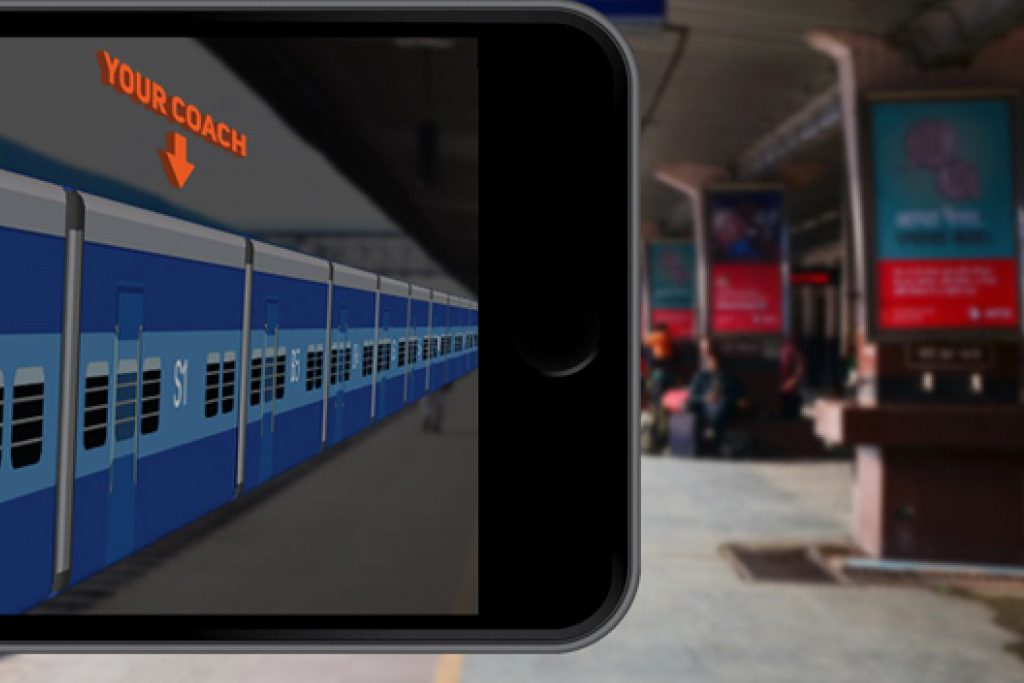Booking Site Ixigo's Rail-First Strategy Propels Growth in India

Skift Take
An exclusive first look at Ixigo's fiscal year financials reveals that the travel price-comparison startup is growing rapidly. Its story suggests how business models that originated in Western markets sometimes need to adapt to local needs to succeed in emerging markets.
When Aloke Bajpai and Rajnish Kumar began building travel search engine Ixigo in 2007, they focused on helping Indian travelers compare prices for airfares.
But in 2014, Ixigo's co-founders tweaked the business model, launching a separate app for information on intercity trains in India. It later added ticketing for trains plus cross-selling for buses, cabs, hotels, and flights.
The switch to a rail focus, which is almost unheard of among travel-metasearch companies, has delivered gains. Ixigo grew its revenue 70 percent year-over-year to $17 million during the financial year ending March 31, according to numbers it shared with Skift.
The company also doubled year-over-year its revenues from commissions on transactions, separate from its business of selling advertising and other services.
"Ixigo is on a clear path to profitability this fiscal year," said CEO Aloke Bajpai. As context, no other Indian online travel company was profitable last year.
[caption id="attachment_342450" align="aligncenter" width="600"] Ixigo's co-founders CEO Aloke Bajpai (left) and chief technology officer Rajnish Kumar at the company's Gurgaon, India, headquarters.[/caption]
Organic, Rail-First Approach
Saving on marketing costs is perhaps the biggest benefit for Ixigo by pursuing a rail-first approach. While many companies spend heavily on buying ads on Google, Ixigo spends little.
"We don't do paid-search campaigns," said Kumar. "Most of our traffic comes organically."
Unlike other travel players, Ixigo went big on intercity rail book

